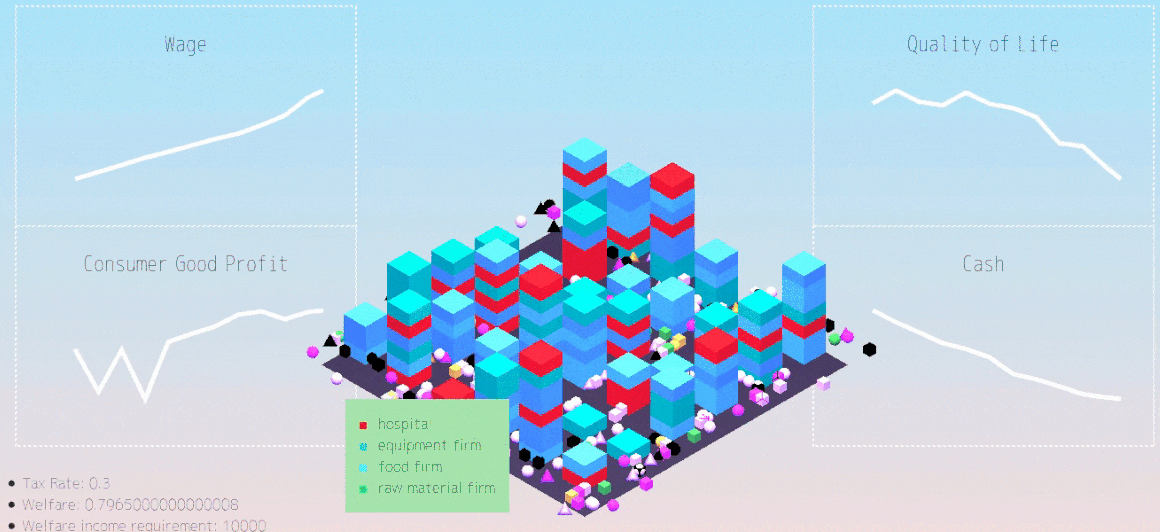If this year’s selection of electable decisionmakers feels like it leaves something to be desired, then here’s a story for you. Imagine a world without politicians, or, really, politics.
Policy options are instead plugged into a sophisticated program and 1,000 or 100,000 simulations are made. Likely outcomes of the policy change are analyzed and unintended consequences are made visible. Politics are reduced to an argument over what inputs should take precedence in the model, not over what decision to make, and the arguments have to contend with data, which takes precedence over all.
And so our politics do not revolve around a person or personality and specific decisions are not made based on which subsidy will favor which interest group. Politics then become an argument not over style or gaffes but rather over ideas and theory backed up by data. It might sound weird or scary, but it could also be worse, right?
https://twitter.com/kanyewest/status/709097414741905408
Brooklynite Francis Tseng and his partner Fei Liu made a go recently at quantifying society in such a way. It’s just a start, and it is as rudimentary as you would expect, and it’s not called SimCity, although that did come up in his paper on the project, which he called humans of simulated new york.
“These simulations are promising in domains like public policy — with movements like ‘smart cities’, it seems inevitable that this application will become ubiquitous — but their potential is soured by the reality of how policy and technological decisions are made in practice,” he wrote. “Technological products tend to reproduce the power dynamics that produced them.”
The project is the result of a monthlong fellowship at DBRS Innovation Lab, a program run by Technical.ly favorite Amelia Winger-Bearskin, also of the Stupid Hackathon. The DBRS fellowships help people explore interesting applications of machine learning and big data.
Tseng and Liu’s simulation engine inputs lots of demographics data about the people in the simulation. They took data from the census, data about employment and data about markets:
Over time though we became more interested in using simulation to postulate different world dynamics and see how those played out. What would the world look like if people behaved in this way or had these values? What would happen to this group of people if the government instituted this policy? What happens to labor when technology is productive enough to replace them?
So they decided to add different toggles to the simulation. What happens if there is no disease? What happens if there’s an epidemic? They did the same for technology and food and ran the simulations.
“Sometimes these scenarios play out as you’d expect — the infectious disease scenario wipes out the population in a month or two — but not always,” Tseng wrote. “Hyper-productive equipment, for instance, can lead to misery, unless other parameters (such as government) are collectively adjusted by players.”
https://twitter.com/frnsys/status/724476147526836224
Maybe simulation engines won’t displace politics as we currently experience them. Maybe they’ll just be used to problem-solve on some very specific questions. What would happen to traffic if we installed lights or stop signs? How would the quantity of litter change if we installed trash cans here rather than here?
“To me the value of these simulations is as a means to speculate about what the world could be like, to see how much better (or worse) things might be given a few changes in our behavior or our relationships or our environment,” Tseng concluded.
Seems like something worth continued exploration.







